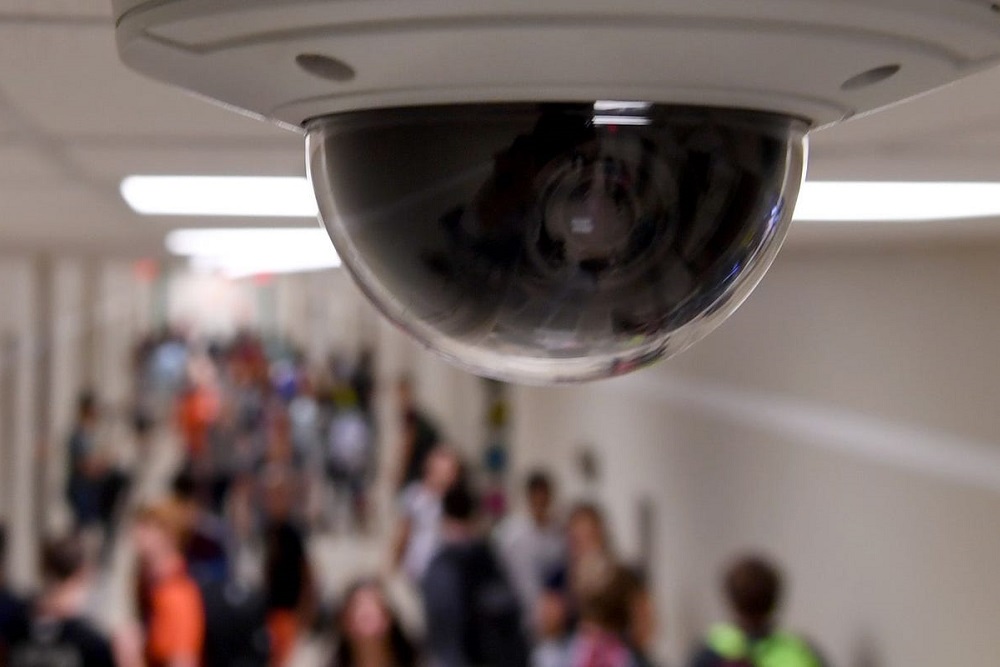In a searing new report, researchers from Harvard University have disclosed that US white, affluent parents do not prefer integrated schools for their kids.
According to the research conducted by Making Caring Common, a center housed at Harvard, White parents support integrated schools, but while choosing a school for their ward prefers school with a high number of white, affluent students enrolled.
The survey was conducted with individual interviews of over 2,600 parent and focus groups on exploring how much parents value school integration and the probability of sending their children to integrated schools.
The result showed that parents, regardless of political affiliation, race, class supports schools that are racially and economically integrated.
However, when it comes to enrolling their wards, white, affluent parents who have a choice mostly prefer schools based on the number of white, wealthy students there.
The research disclosed out of the people who participated, 73 percent identified as white, and most of them were also middle and upper-class.
Sixty percent of those individuals have a child enrolled in a traditional public school in their district. In contrast, 21 percent have a child enrolled in a secular private school, 7 percent in a religious private school, and 6 percent in a public charter school.
Integrated schools are important
Richard Weissbourd, Director of Making Caring Common and co-author of the report, said the researchers’ findings confirmed a well-established study on school integration.
According to Weissbourd:
I knew from other research that we cite that parents tended to support integration. But, you know, they tend to support it across the political spectrum and they tend to support it at high levels. I was not expecting that.
Notably, the research result shows that 81 percent agreed that it was important for students of different races to go to school together, and 63 percent said that low-income and high-income kids going to school together was important.
Also, when asked about sending their children to schools with differing levels of socioeconomic diversity, most parents said they’d be most comfortable with a school that is equal in diversity.
However, when it is time for parents to enroll their children in school, competing priorities, like school academic profile, it’s safety record and location, trounce school integration.
Notably, when asked to select the features of a school that’s most important to their decision about where to send their children, only 10 percent picked racial and economic diversity.
Enhancing integrated school
In a bid to find a solution and change the current way of things, the Harvard researchers concluded with advice on what must be done.
Weissbourd urge parents to stop relying heavily on academic ratings, school report cards, and levels of proficiency posted to school websites.
He suggested parents go physically to their available schools to evaluate for themselves if they are a good fit, also talk to teachers, principals, and other parents whose children are currently enrolled there.
Weissbourd noted that white, affluent parents need to step outside their social circles and take a look at integrated schools, which would help the development of their wards.







